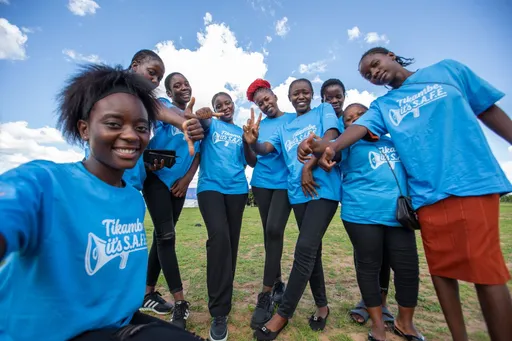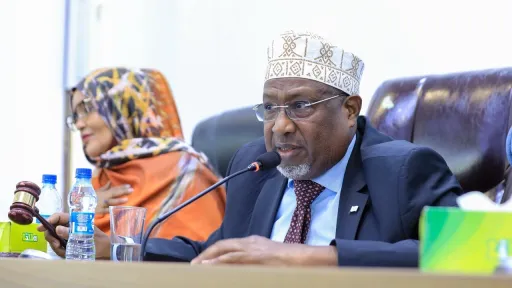By Brian Okoth
In Zurich, Switzerland on May 24, the curtain fell on one of the world’s most iconic soul figures, Tina Turner.
She died at the age of 83 at her home in Küsnacht municipality, her representative said in a statement on Wednesday.
Turner was a musical queen, whose fame transcended the world like a colossus.
Her immense talent earned her the nickname the “Queen of Rock ‘n’ Roll” and secured her six Grammy awards in the 1980s.
Ghana, a West African nation, was among the countries that experienced Turner’s electrifying and highly entertaining on-stage art.
On March 6, 1971, the larger than life musician performed at the Black Star Square in the capital, Accra.
Her event was dubbed ‘Soul to Soul’ concert, which would later be replayed in a documentary movie going by the same name.
The March 1971 scenes at Black Star Square and earlier at the Accra Kotoka International Airport were euphoric.
Turner’s show in Ghana, dubbed at the time as “Independence Day Concert”, was scheduled for 15 hours, and a 300,000-person capacity was to witness the queen in her element.
The event was given the name “Independence Day” because it coincided with the date when Ghana gained independence – March 6.
The West African nation attained self-rule from Britain on March 6, 1957, fourteen years before Turner set foot in Ghana.
The 1971 concert marked the first time that Turner alongside other American musicians were visiting Africa.
A huge crowd that had learnt of Turner’s planned trip to Africa gathered at the Accra Airport to receive her. Other musicians and filmmakers, who were part of the tour team to Africa, were swallowed by Turner’s fame.
Ghanaian drummers, a high priest and dancers lined up to receive the American soul music great and her team members.
Turner waved to the crowd, and they reciprocated in unison – a memorable “aaw” moment captured on tape, and later played in the ‘Soul to Soul’ documentary movie.
The crowd at the Black Star Square danced until 7am, an indicator of how impactful the concert was. All through, the happenings of March 6, 1971 night were recorded on tape, and released as a documentary in August that year.
Besides Turner and Wilson Pickett, Staple Singers and Ike Turner were the other stars who featured in the docu. The movie did not recover its production cost, but later became a cult classic.
The synopsis says: “This documentary captures the story of Black American souls connecting with Black West African souls through music”. It adds that it captured the journey about the Black American musicians’ “personal roots, ancestral homeland and history”.
South Africa
South Africa was the other African nation that Turner visited. She actually made two trips to the country – in 1979 and 1996.
In 1979, shortly after divorcing her musician husband, Ike Turner, Tina travelled to South Africa where she performed on different dates between September and December.
She held concerts in Durban, Johannesburg and Cape Town.
During her trip, she was given the status of “honorary white”, triggering criticism from black South Africans, who accused her of supporting apartheid.
In 1985, she would say that she regretted accepting the “honorary white” title.
She told Jet Magazine: “At the time, I was naive about politics in South Africa. However, in recent months I have turned down several lucrative offers to perform in that country and the Republic of Botswana. I will continue to reject such offers while the present circumstances prevail.”
Despite the criticism, one fan, Amie Adams, told The Baltimore Sun that Turner’s performance at the Playhouse in Durban was “the greatest Rock show I have ever seen”.
True to her word, Turner rejected performance requests in South Africa until the end of the apartheid system, which came on May 4, 1990.
She would, six years later – in April 1996 – hold concerts in Cape Town, Durban and Johannesburg as part of her Wildest Dreams Tour, which supported her ninth studio album.
To date, the Wildest Dreams Tour remains to be Turner’s biggest outing, performing more than 250 shows worldwide, and lasting nearly 16 months.
As she exits the world, she would be remembered for being a symbol of resilience to many women world over.
Of course, she would also be remembered for her 12 Grammys and more than 150 million record sales globally.
Her quick-stepping legs, trademark wigs and contralto voice catapulted her to global fame, and the queen’s throne.
























